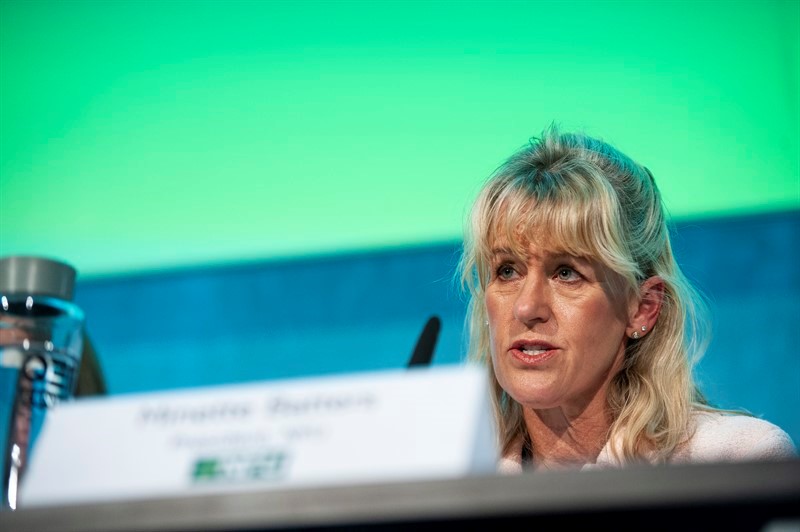
The government has missed the opportunity to reach a 'world class' free trade agreement with Australia, the NFU has said in response to a report analysing the impact of the deal on farming.
The Trade and Agriculture Commission (TAC) has released a report into the FTA between the UK and Australia, following concerns over its potential impact on UK agriculture.
As the first deal to be struck under the UK's new independent trade policy, the agreement provided a chance to set the standard for future deals.
The government said the agreement would unlock £10.4 billion of additional trade while eliminating tariffs on all UK exports.
But the farming industry has frequently raised concerns over Australian food imports produced to lower environmental and animal welfare standards.
While the TAC's report confirms the FTA will not result in a change in UK production standards, it details that the market will open up to Australian produce whether or not produced to the same standards.
The report explained: "The FTA is likely to lead to increased imports of products that have been produced at lower cost by using pesticides in Australia that would not be permitted in the UK."
Despite assurances that certain sectors would be afforded some level of protection, there will be full liberalisation of dairy after six years, sugar after eight years and beef and lamb after 15 years.
And there will also be no safeguards available for any products if imports reach damaging levels after that 15 years is up.
The UK has agreed to beef and lamb quotas which will favour imports of high-value cuts, despite this being the end of the market where British farmers tend to derive any value.
Responding to the TAC report, NFU President Minette Batters said the UK government had "missed the opportunity to reach a genuinely innovative and world-class FTA with Australia".
She added: “This deal will pave the way for others to follow and I’m increasingly concerned about the cumulative impact of the government’s FTA programme, especially as its own impact assessments anticipate a negative economic impact on UK farmers."
Mrs Batters said the government must now provide a programme of policies and investment to help UK farming get ‘match ready’ for the tougher post-Brexit trading environment.
"We also need to see government working with farmers to develop a set of core environmental and animal welfare standards which it can seek to safeguard through forthcoming FTAs, as well as in its general import policy under its current WTO commitments."
